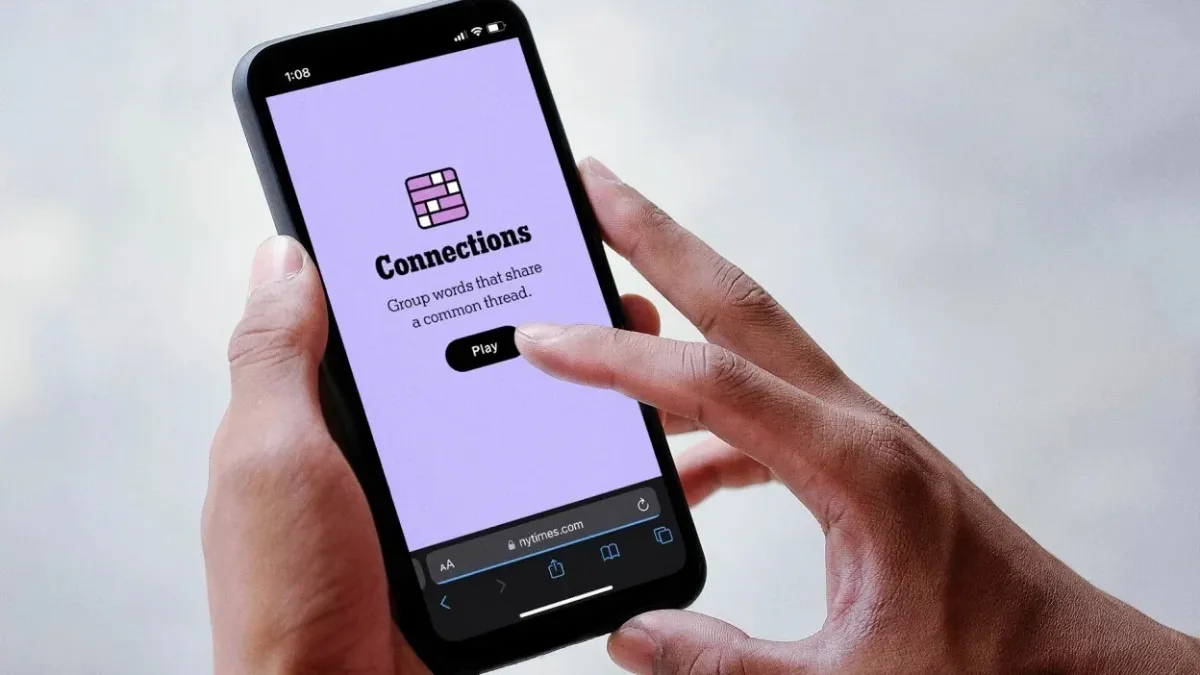$1M Microsoft Grant to Empower 1 Million Nigerians

Microsoft recently made a big announcement: over the next two years, it will invest $1 million to train 1 million Nigerians in digital skills and artificial intelligence (AI). Microsoft’s growing commitment to improving the AI environment in Africa and giving young Nigerians the necessary skills for the future labor market is demonstrated by this effort, which was revealed at an event in Lagos.
But the audacious plan to train one million individuals on a $1 million budget raises questions about its viability. This amounts to under $1 per learner, raising questions about the caliber and scope of the training that attendees can anticipate. The training structure’s specifics are yet unknown, raising concerns about whether it would emphasize industry-recognized qualifications, practical technological capabilities, or fundamental AI knowledge.
Microsoft Nigeria will lead the initiative in collaboration with groups like Tech4Dev and Data Science Nigeria. Microsoft executives see this program as a critical step in training Africa’s workers for future employment prospects, and they have highlighted the revolutionary potential of AI throughout the continent. This investment is exciting, according to Olatomiwa Williams, Managing Director of Microsoft Nigeria and Ghana, who said it supports Microsoft’s goal of enabling people and organizations to do more.
Microsoft is not the only company that sees Nigeria’s promise in the field of artificial intelligence. As part of a larger pledge to invest $5.8 million in digital skills throughout Sub-Saharan Africa, Google announced in October 2024 that it would be providing ₦2.8 billion (about $1.7 million) to boost the development of AI talent in Nigeria. Microsoft’s strategy seems to place more emphasis on mass upskilling for a wider audience than Google’s initiative, which concentrates on deep AI research and company development.
Williams told delegates that Microsoft intends to expand on its prior initiatives in AI upskilling in Nigeria in spite of their reservations. Since establishing a presence in Nigeria, she said, Microsoft has already reached 4 million Nigerians through its various digital skills initiatives. Their new initiative might gain some credibility from this prior experience.
According to Microsoft, artificial intelligence (AI) could boost Nigeria’s GDP by $15 billion and the continent’s GDP by $1.5 trillion by 2050, making it a key factor in the continent’s economic development. Microsoft Africa President Lilian Barnard cited a research that suggests companies might earn $3.5 for every dollar they invest in AI. The significance of guaranteeing economic expansion and upskilling possibilities is emphasized by this.
Although Microsoft presents this project as a social investment meant to empower people, it also serves its strategic commercial objectives. Having a broader pool of qualified professionals could help businesses like Microsoft by generating future clients or employees as AI technologies become more widely used. This program might also persuade Nigerian companies and developers to use Microsoft’s cloud services and AI capabilities.
In conclusion, Microsoft’s $1 million commitment to train 1 million Nigerians in artificial intelligence is a daring move to improve digital literacy in the country. Although there are legitimate worries about the viability and scope of the training provided by this program, it shows how important it is to provide young people the skills they need to succeed in an increasingly digital economy. Initiatives like these could be extremely important in forming the future workforce and propelling economic growth throughout the continent as Nigeria keeps pushing for technological and innovative breakthroughs.



